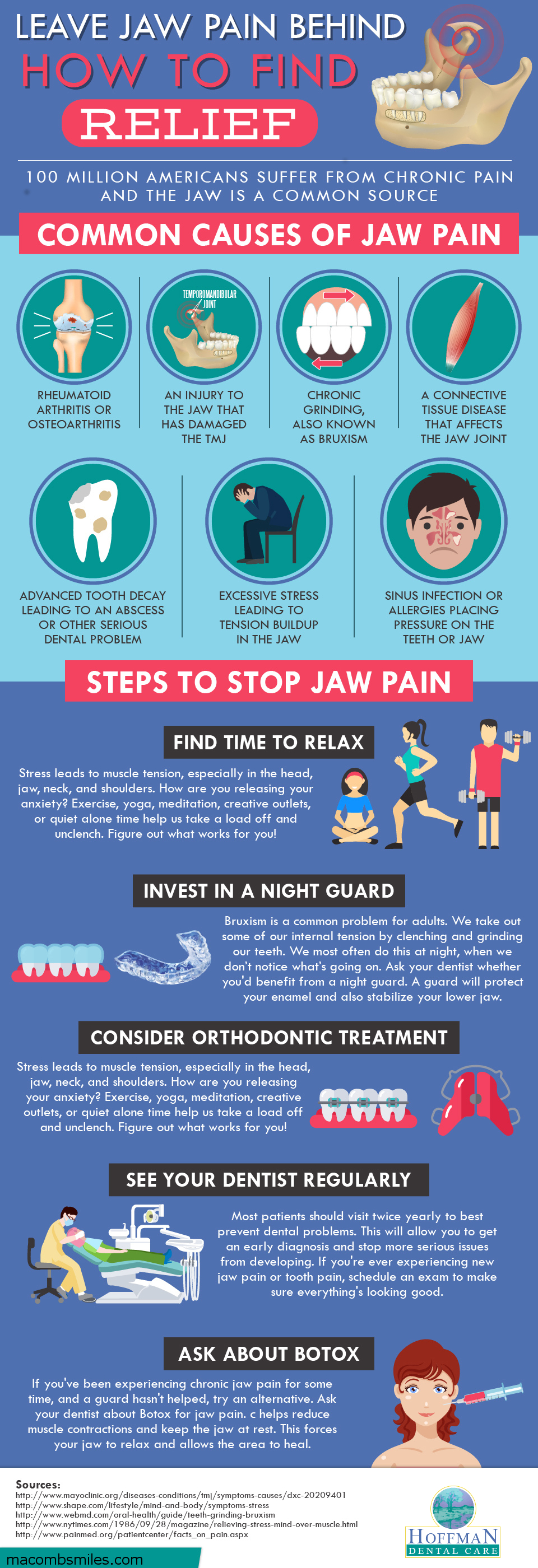10 Alcohol Tips After Wisdom Teeth Removal

When it comes to recovering from wisdom teeth removal, one of the most crucial aspects to consider is how different substances, including alcohol, can affect the healing process. Alcohol, in particular, is a substance that many people enjoy, but its consumption after oral surgery can have significant implications for recovery. Here are 10 essential tips to consider regarding alcohol consumption after wisdom teeth removal:
Avoid Alcohol for at Least 48 Hours: The initial 48 hours after surgery are critical for the healing process. Consuming alcohol during this time can dislodge the blood clot that forms over the socket where the tooth was removed, leading to a painful condition known as dry socket. Furthermore, alcohol can thin your blood, increasing the risk of bleeding and complicating the recovery process.
Understand the Risks of Dry Socket: Dry socket, or alveolar osteitis, is a common complication following tooth extraction. It occurs when the blood clot fails to develop or is dislodged, exposing the bone and nerve endings. Alcohol consumption can increase this risk due to its ability to dissolve blood clots. The pain from dry socket can be severe and may require additional treatment from your dentist.
Interference with Medication: Many patients are prescribed pain medications after wisdom teeth removal. Alcohol can interact with these medications, enhancing their sedative effects and potentially leading to dangerous levels of sedation. Additionally, alcohol can reduce the effectiveness of some medications, exacerbating pain and discomfort.
Slows Healing Process: Alcohol has dehydrating properties, which can slow down the body’s natural healing processes. Staying hydrated is crucial after surgery to help your body recover more efficiently. Drinking alcohol can counteract efforts to stay hydrated, potentially prolonging the recovery period.
Increases Risk of Infection: While the risk might be small, alcohol consumption can impair the immune system, making you slightly more susceptible to infections. After oral surgery, it’s essential to minimize any risks that could lead to complications, including infection.
Impact on Nutrition: Alcohol is high in calories but low in nutrients. After surgery, it’s crucial to focus on consuming nutrient-rich foods that support healing and recovery. Alcohol can detract from a healthy diet and may lead to poor food choices, further hindering the recovery process.
Follow Your Dentist’s Advice: Each person’s recovery process can be different, and your dentist may provide specific advice regarding alcohol consumption based on your individual case. It’s essential to follow their guidance to ensure the safest and most efficient recovery possible.
Be Mindful of Swelling: Alcohol can cause blood vessels to dilate, which might increase swelling in the surgical area. During the initial recovery period, it’s best to avoid anything that could exacerbate swelling, as this can increase discomfort and potentially prolong recovery.
Consider Alternatives for Relaxation: If you’re accustomed to having a drink to unwind, consider alternative relaxation methods during your recovery, such as meditation, reading, or listening to soothing music. These can help manage stress and promote a smoother recovery without the risks associated with alcohol consumption.
Gradual Introduction: When you do decide to reintroduce alcohol into your diet, do so gradually. Start with small amounts to gauge your body’s reaction and ensure that you’re not experiencing any adverse effects. Remember, the goal after wisdom teeth removal is to prioritize healing and minimize complications.
In conclusion, while it might be tempting to enjoy a drink after wisdom teeth removal, the potential risks associated with alcohol consumption during the recovery period make it advisable to abstain. By understanding these risks and following the advice of your dental care provider, you can ensure a safe, efficient, and comfortable recovery.
How long should I wait before consuming alcohol after wisdom teeth removal?
+It’s generally recommended to avoid alcohol for at least 48 hours after surgery. However, the exact timeframe may vary based on your dentist’s advice and your individual recovery process.
Can alcohol consumption lead to infection after wisdom teeth removal?
+While the direct risk is small, alcohol can impair your immune system, potentially making you more susceptible to infections. It’s best to minimize alcohol consumption during the recovery period to reduce any risks.
How does alcohol affect the healing process after oral surgery?
+Alcohol can slow down the healing process by dehydrating the body, potentially reducing the effectiveness of medications, and increasing the risk of complications such as dry socket. It’s crucial to prioritize hydration and a balanced diet for optimal recovery.
